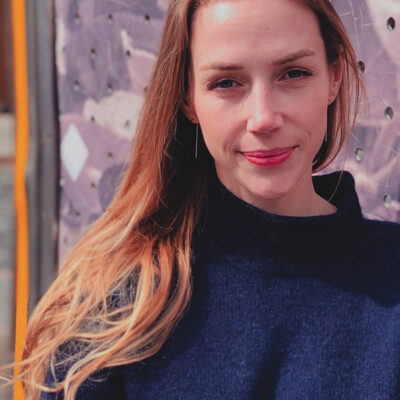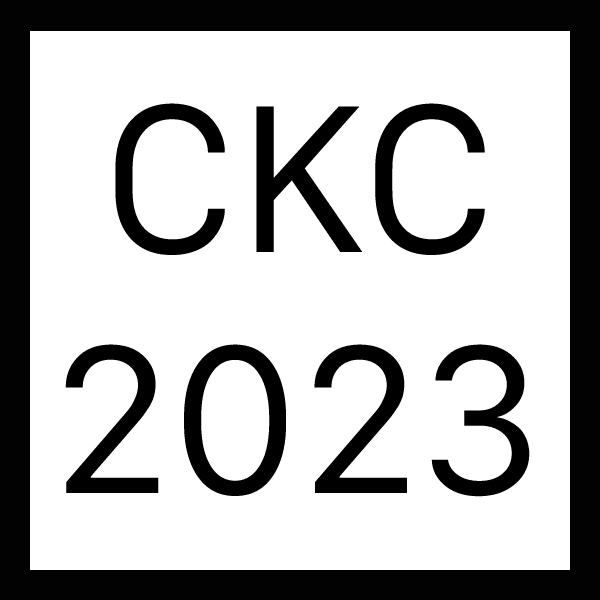CKC 2023: New Futures for Creative Economies
Day 2
From Disruptors to Fraternities: New Futures in Natural History Filmmaking
Abstract
Natural history filmmaking has been a hugely successful global genre and producers in North America (Disney, Sky Nature, National Geographic, Discovery) and in the UK (the BBC’s Natural History Unit) have dominated the marketplace. However, its spectacular ‘landmark’ productions such as Frozen Planet 2 (2022) have been built on the longstanding use of crew and equipment flown in to the locations being filmed. This has made wildlife filmmaking the UK’s highest polluting screen genre (Albert 2020). The pressure of scientific evidence and public awareness of climate change and habitat loss, and the industry’s own sense of its carbon footprint are driving change through experimentation and discussion around more inclusive and sustainable policies and practices (BBC Climate Creatives 2022, Wildscreen 2022). Public service broadcasters, which are significant players in the wildlife filmmaking commissioning pipeline, are acutely conscious of needing to demonstrate their ethical credentials.
Owing to the genre’s unique commitment towards the natural world, it is positioned at the forefront of emerging practices that foreground inclusivity and sustainability, making it a rich site for research. This paper focuses attention on these new futures. It seeks to identify and interrogate moves in natural history filmmaking towards alternative production workflows, which involve in-country crew and reduce carbon footprints. Harnessing current workforce studies (Newsinger and Eikhof 2020, Nwonka 2019, Ozimek 2020, Presence et al 2021), the paper will offer a decolonial reading of the sector before analysing alternative practice and the actors driving this change. Building on the work of genre analyses (Aitchison et al 2021, Jones et al 2019, Williamson et al 2022), the paper will consider original industry interview data and insight gained through collaboration with FF:W (Filmmakers for Future Wildlife) – a key sector network focused on sustainability, impact and inclusivity. In doing so, comparisons will be made in practice by production size and geography, paying particular attention to alternative models in the Global South. Narratives that both sustain and disrupt inequality in wildlife filmmaking will also receive focus: from fraternity to co-creative formats (FF:W 2020; Spicer, Presence and Frymus 2022). The paper will conclude by exploring how practice-as-research documentary filmmaking co-creation, may offer experiential insight to illuminate critical understanding – a method never applied to natural history filmmaking analyses and rarely applied in screen industry studies.
References
Albert (2020). Annual Report, 2019-20. [Online]. Available at: https://wearealbert.org/wp-content/uploads/2020/10/albert_AnnualReport_19-20.pdf
Aitchison, J., Aitchison. R. and Devas, F. (2021). ‘Assessing the environmental impacts of wildlife television programmes’, People and Nature, 3 (6): 1138-46.
BBC (2022). Climate Creatives 2022, conference. [Online]. 5 October.
FF:W (2020). The Big Discussion [Online]. Available at: https://ffwildlife.org/the-big-discussion/
Genders, A. (2019). ‘An invisible nation? The BBC and English-language arts television in Wales.’ Journal of British Cinema and Television, 16 (4): 409-28. Available at: https://doi.org/10.3366/jbctv.2019.0492
Jones, P.G., Thomas-Walters, L. and Veríssimo, D. (2019). ‘Nature documentaries and saving nature: Reflections on the new Netflix series Our Planet’. People and Nature, 1 (4): 420-25. Available at: https://doi.org/10.1002/pan3.10052
Newsinger, J. and Eikhof, D.R. (2020). ‘Explicit and Implicit Diversity Policy in the UK Film and Television Industries’. Journal of British Cinema and Television, 17 (1): 47-69. Available at: https://doi.org/10.3366/jbctv.2020.0507
Nwonka, C.J. (2019). ‘The New Babel: Film Diversity in Language and Practice’. Journal of British Film & Television, 17 (1): 24-46. Available at: https://doi.org/10.3366/jbctv.2020.0506
Ozimek, A.M. (2020). Equality, Diversity and Inclusion in the Screen Industries. York: University of York.
Presence, S., Quigley, A. and Spicer, A. (2021). Making it Real: A Policy Programme for UK Independent Documentary Film. Bristol: UWE Bristol. ISBN 9781860435966.
Spicer, A., Presence S. and Frymus, A. (2022). Go West 2! Bristol’s film and television industries. Bristol: UWE Bristol.
Wildscreen Festival 2022 (2022). Conference. 10-15 October, Bristol.
Williamson, M.J., Curnick, D.J., Jacoby, M.P., Durrant, S.M. and O’Neill, H.M.K. (2021). ‘Ethical considerations in natural history film production and the need for industry-wide best practice’, Global Ecology and Conservation, 34.
Biography
Jane Dawson is a PhD student and filmmaker. Her SWW-DTP2 PhD project considers exclusion, diversity and inclusion in international filmmaking production systems through an interrogation of the UK’s natural history film sector. Jane’s research often harnesses participatory methodologies and her most recent work includes No California (2021), a co-created documentary exploring regional exclusion in the UK screen sector, and Mascota (2022), a collaborative short experimenting with affect, women’s marginalisation and more-than-human characters.



